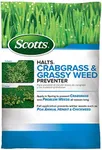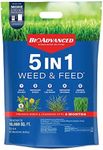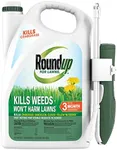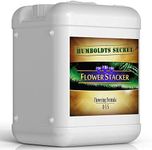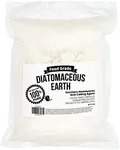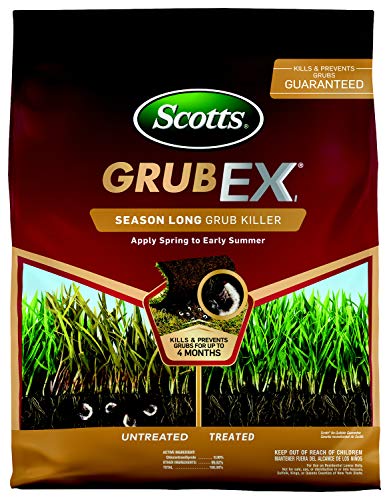Buying Guide for the Best Weed Killer For Lawns
Choosing the right weed killer for your lawn is essential to maintain a healthy and beautiful yard. The right product will help you eliminate unwanted weeds without harming your grass. To make an informed decision, you need to understand the key specifications and how they relate to your specific needs. Here are the main factors to consider when selecting a weed killer for your lawn.Type of Weed KillerWeed killers come in two main types: selective and non-selective. Selective weed killers target specific types of weeds without harming your grass, making them ideal for lawns. Non-selective weed killers, on the other hand, kill all vegetation they come into contact with, which is useful for clearing areas where you don't want any plants to grow. If you want to maintain a healthy lawn, a selective weed killer is usually the best choice.
Weed TypesDifferent weed killers are formulated to target specific types of weeds, such as broadleaf weeds, grassy weeds, or sedges. It's important to identify the types of weeds in your lawn so you can choose a product that is effective against them. For example, if you have dandelions and clover, a broadleaf weed killer would be appropriate. If you're dealing with crabgrass, look for a product specifically designed to target grassy weeds.
Application MethodWeed killers can be applied in various ways, including sprays, granules, and concentrates. Sprays are easy to use and allow for precise application, making them ideal for spot-treating individual weeds. Granules are spread over the entire lawn and are activated by watering, which is convenient for treating large areas. Concentrates need to be mixed with water and applied with a sprayer, offering flexibility in application rates. Choose the method that best suits your lawn size and your preference for application.
Timing of ApplicationThe effectiveness of weed killers can depend on the timing of their application. Pre-emergent weed killers are applied before weeds germinate and are effective in preventing weed growth. Post-emergent weed killers are used after weeds have already appeared and are actively growing. If you are trying to prevent weeds from appearing, a pre-emergent product is the way to go. If you need to tackle existing weeds, a post-emergent weed killer will be more effective.
Safety and Environmental ImpactConsider the safety of the weed killer for pets, children, and the environment. Some products contain chemicals that can be harmful if ingested or if they come into contact with skin. Look for weed killers that are labeled as safe for use around pets and children, and consider organic or natural options if you are concerned about environmental impact. Always follow the manufacturer's instructions for safe application and disposal.
Lawn Type CompatibilityDifferent weed killers are formulated for different types of grass. Some products may be safe for use on cool-season grasses like fescue and bluegrass, while others are designed for warm-season grasses like Bermuda and St. Augustine. Make sure to choose a weed killer that is compatible with the type of grass in your lawn to avoid damaging your turf.

